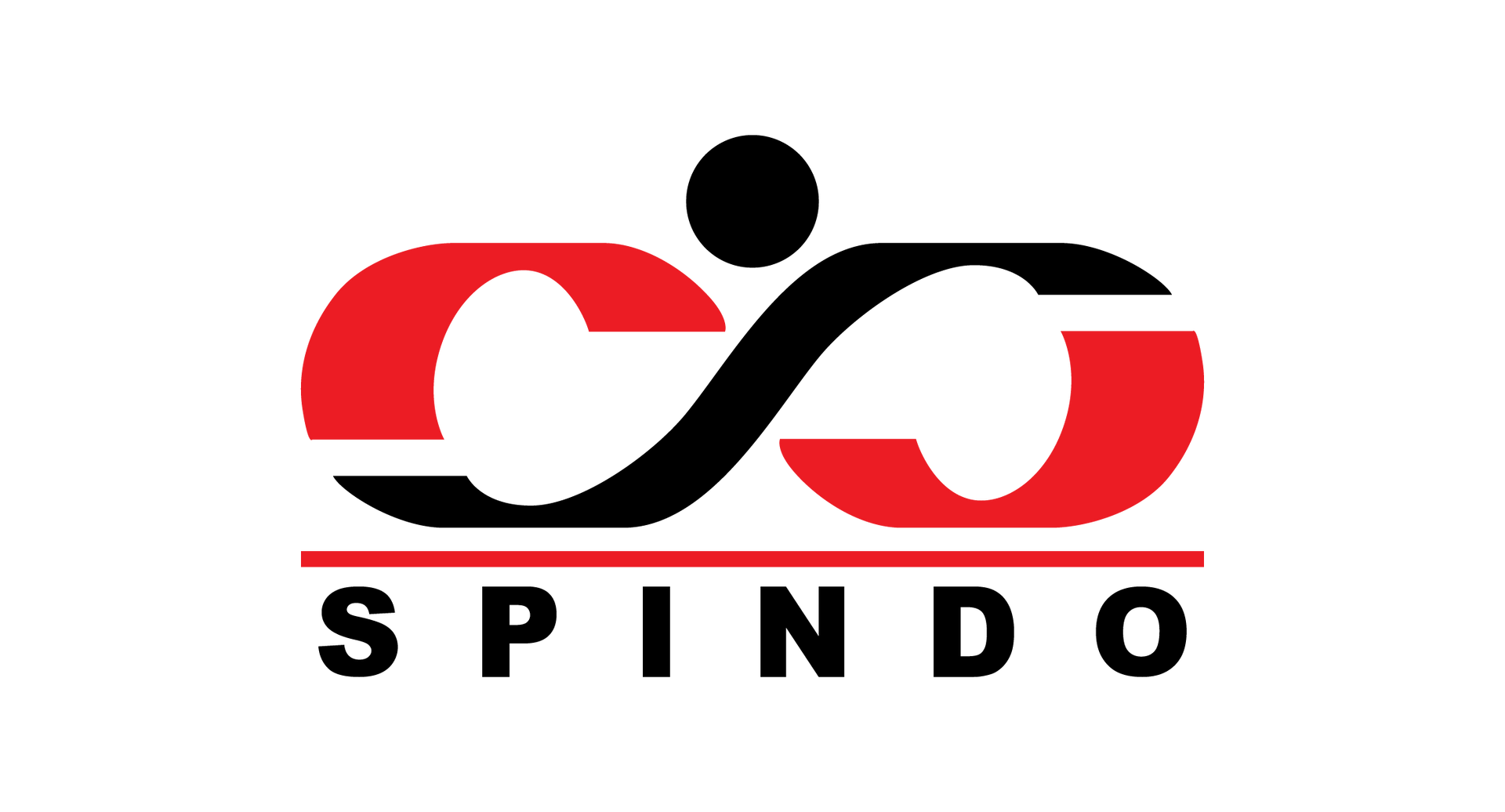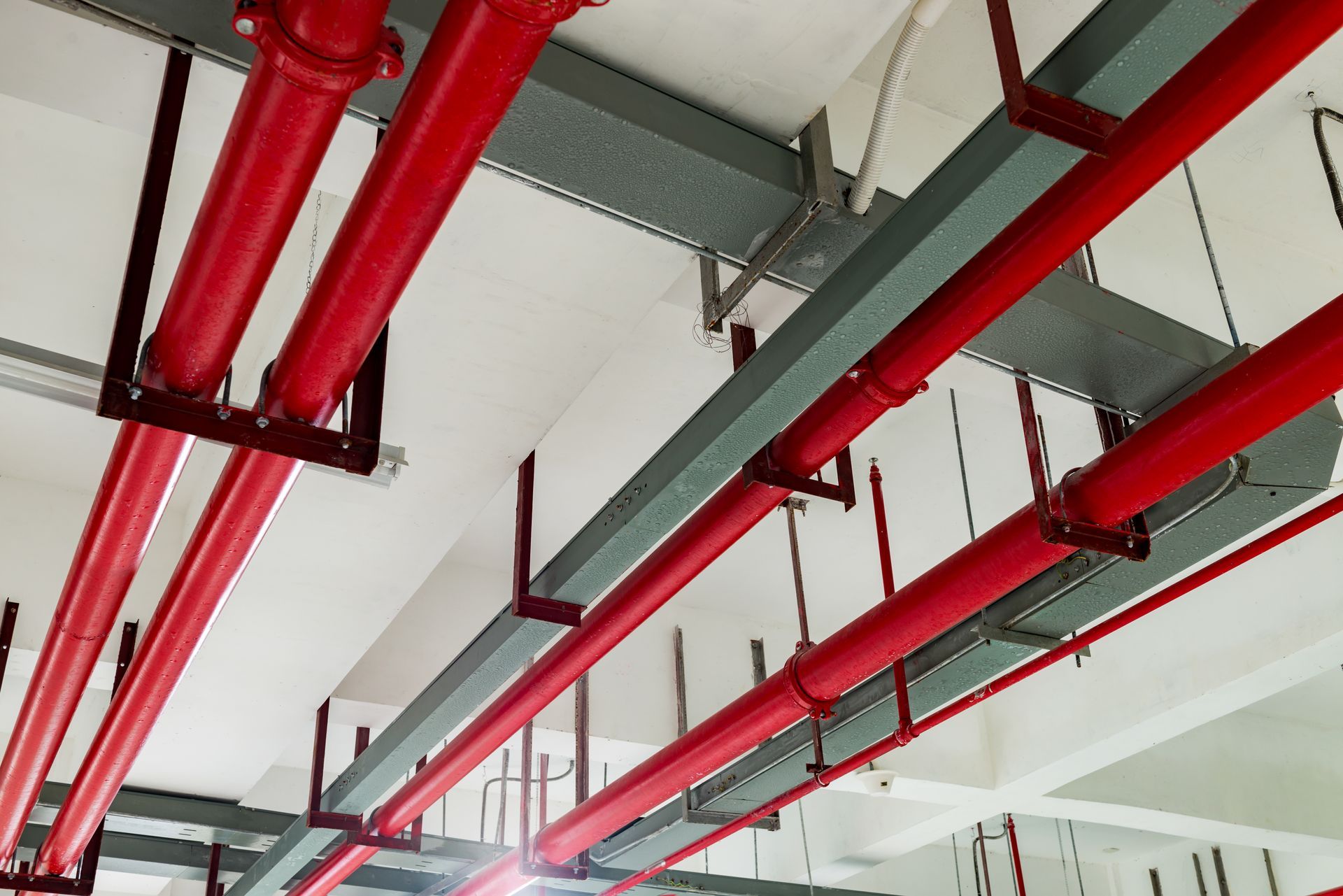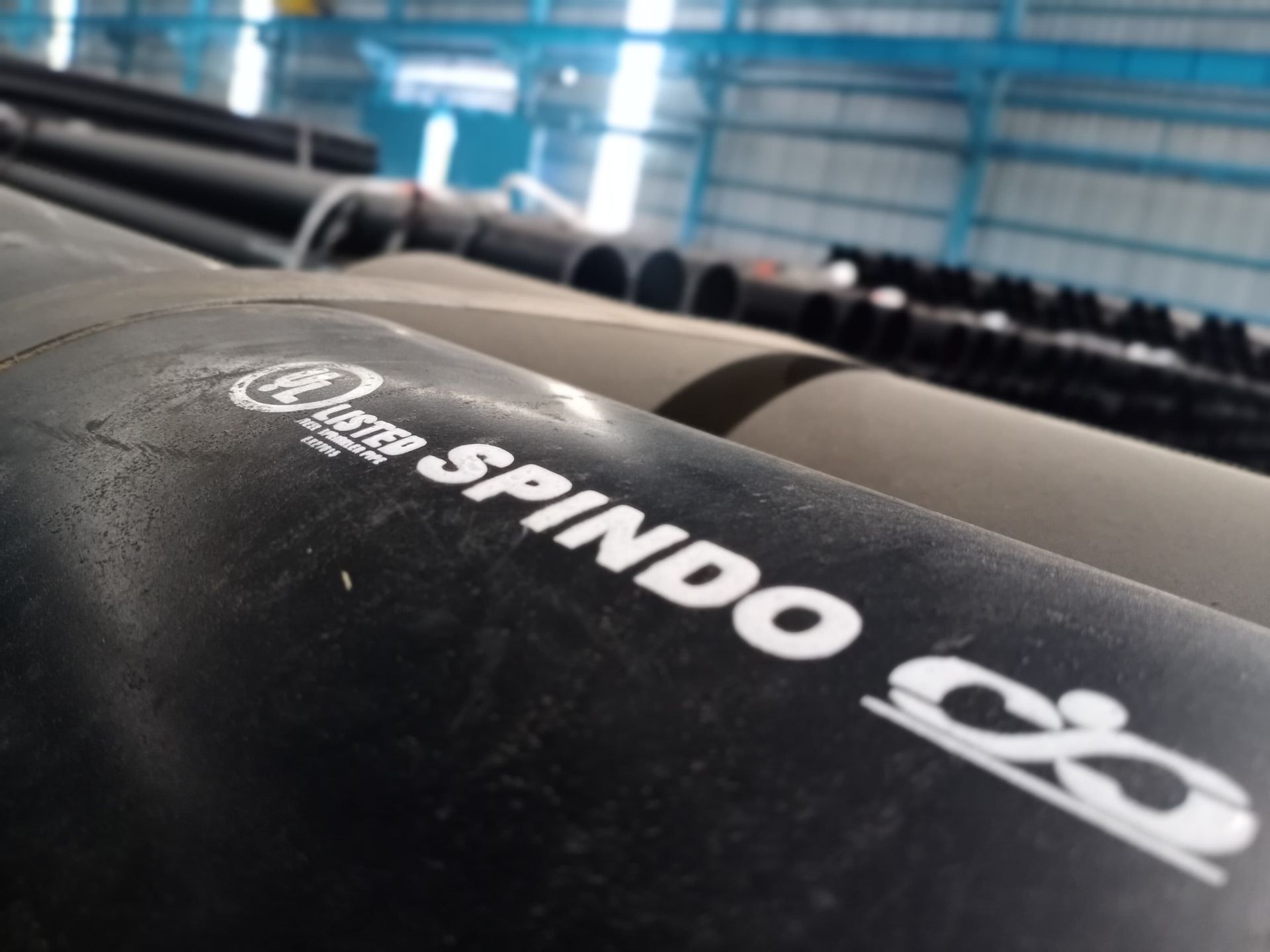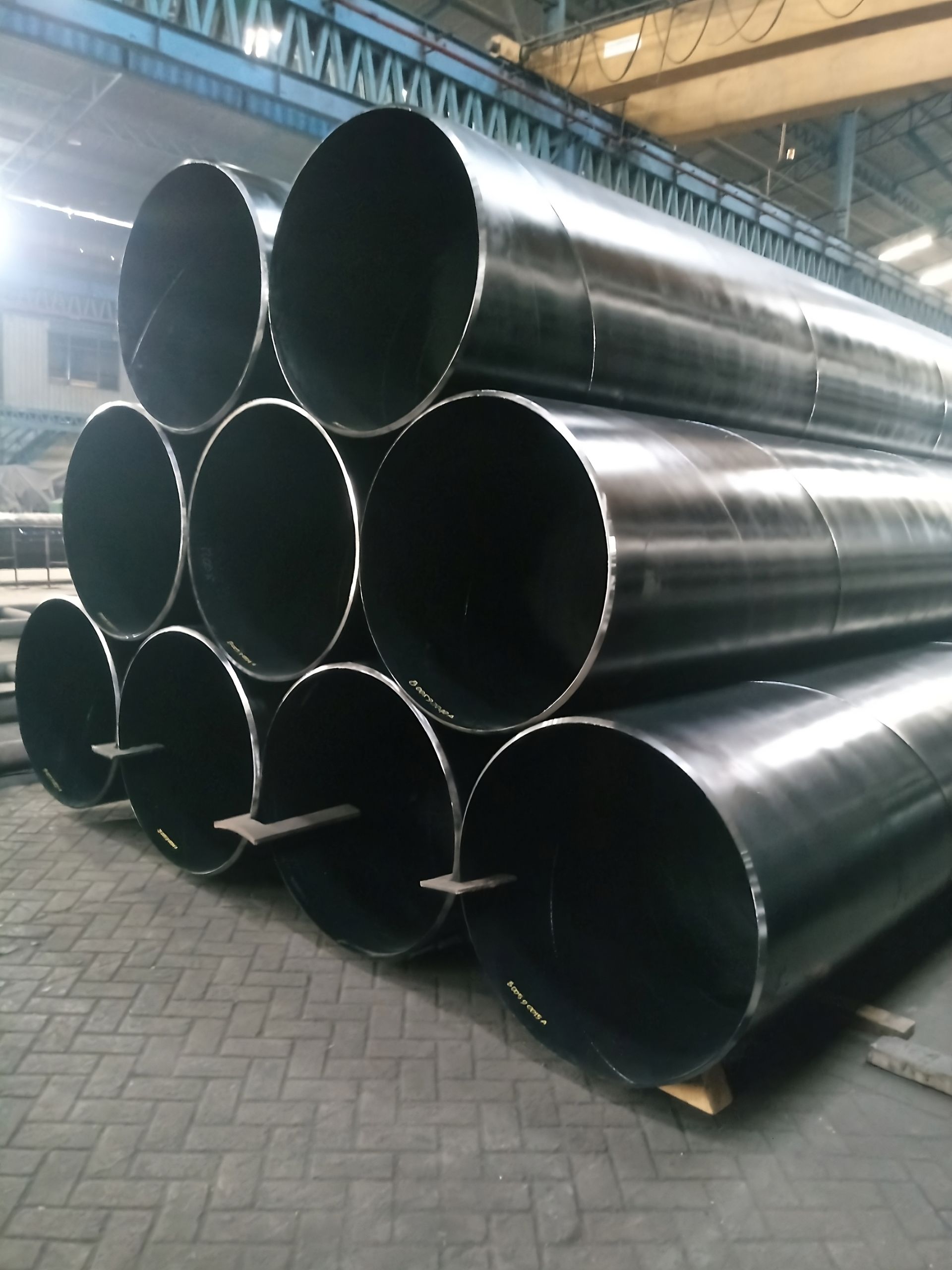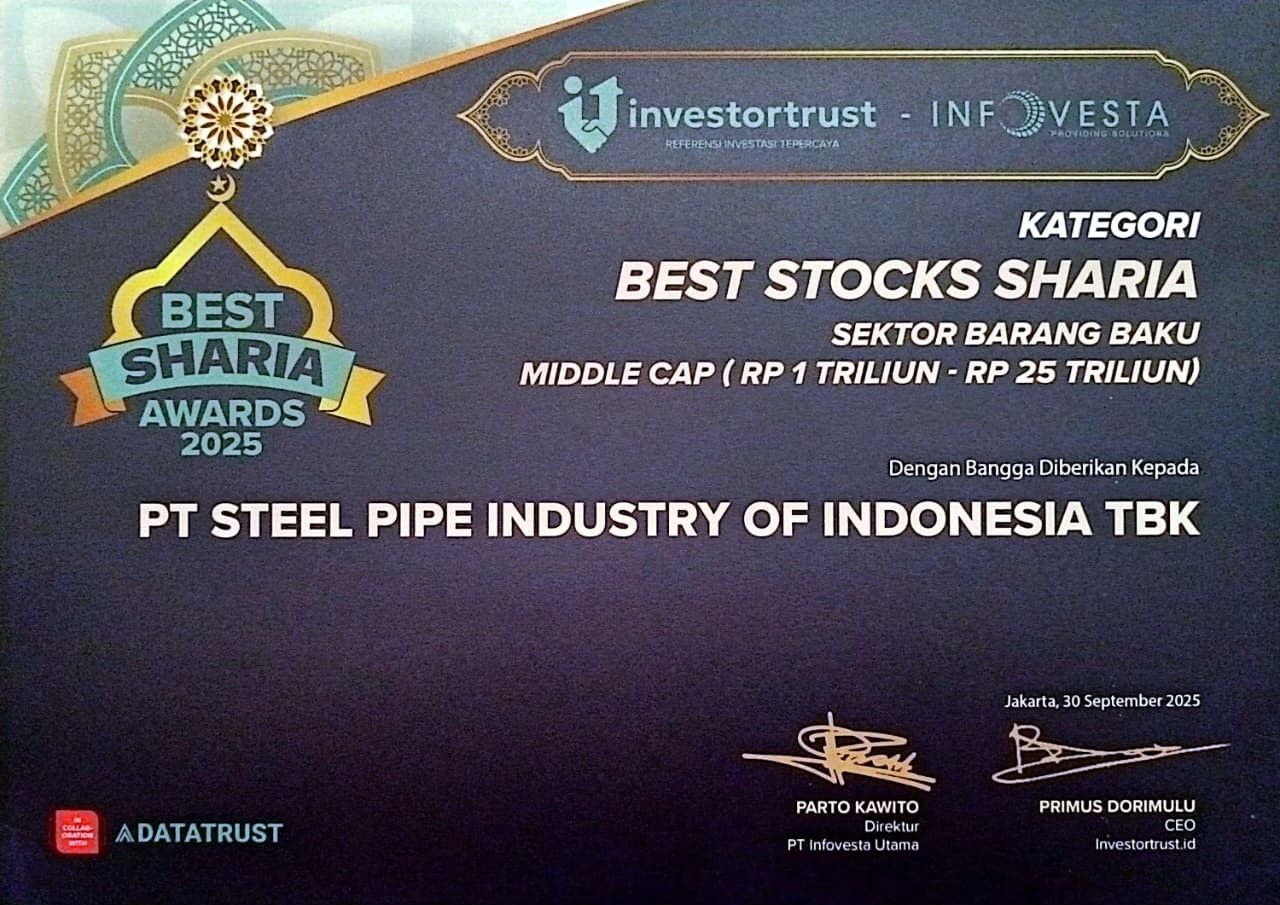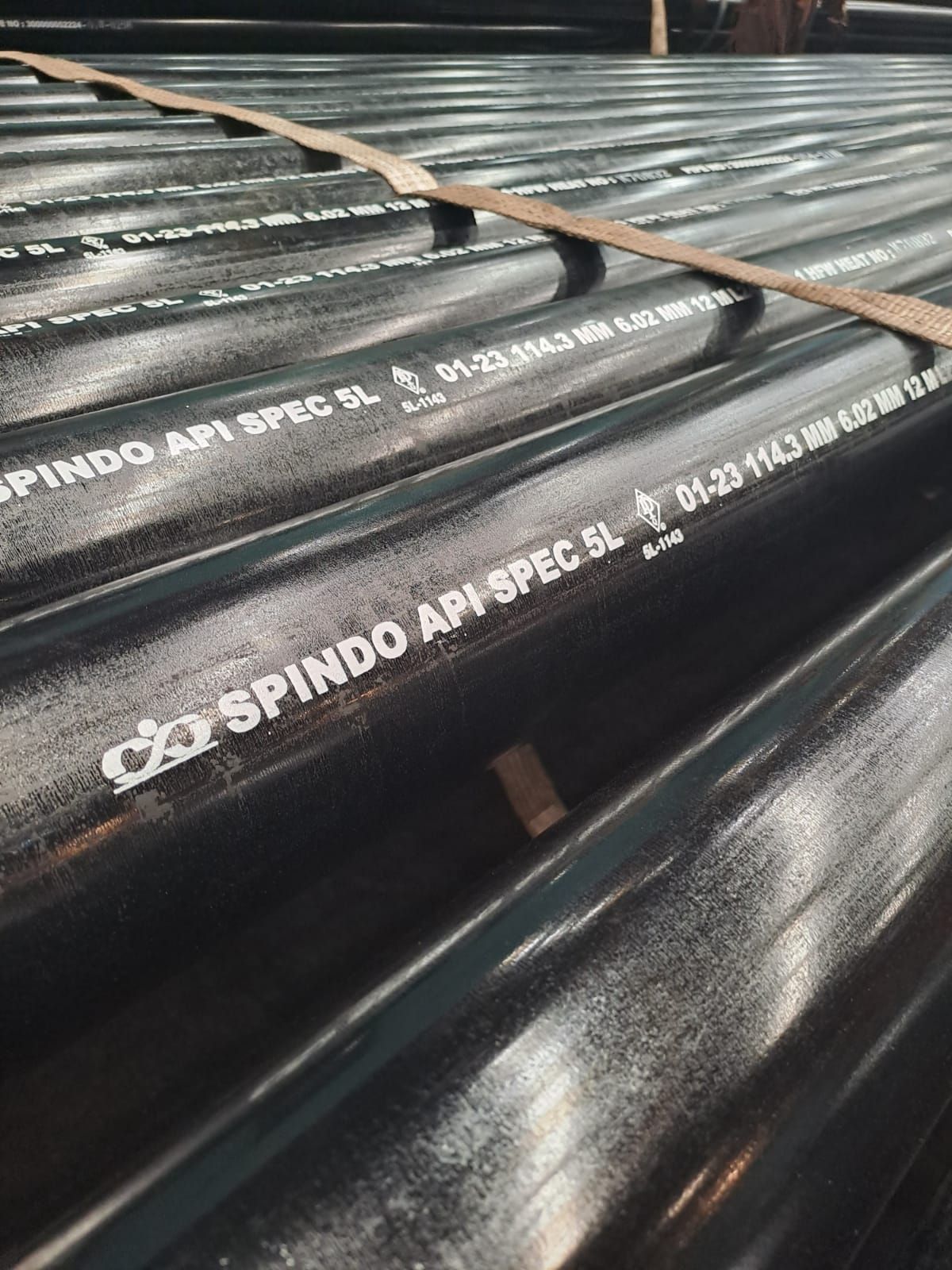Types of Fire Sprinkler System Pipes You Need to Know
The Importance of Fire Protection Pipes
In fire protection systems,
fire sprinkler system pipes (often called
fire protection pipes) serve as the main distribution channel that delivers water directly to the sprinklers. If the pipes do not meet the required standards, the system may fail to operate effectively during an emergency. Therefore, choosing the right fire sprinkler system pipe is critical– ensuring compliance with international standards to guarantee safety, reliability, and performance.
Types of Fire Sprinkler Pipes
- Black Steel Pipe
Black steel pipe are known for their high strength and ability to withstand pressure, making them ideal for use in high-rise buildings and industrial facilities. However, these pipes are prone to corrosion if they are not coated with protective layers or properly maintained.
- Galvanized Steel Pipe
Galvanized steel pipes are coated with zinc,making them resistant to rust, and highly suitable for humid area, such as factories or basements. Their main advantage is their high resistance to moisture, which extends the overall lifespan of the pipe. However, galvanized pipes are generally more expensive and require a more complex installation process compared to regular steel pipes.
- Copper Pipe
Copper pipes offer excellent resistance to high temperatures and corrosion while maintaining water quality in a hygienic state. Generally, these pipes are used in drinking water installations, cooling systems, and heating systems in office buildings and residences. The disadvantages of copper pipes are their relatively high cost and susceptibility to physical damage.
- CPVC Pipe (Chlorinated Polyvinyl Chloride)
CPVC pipes are lightweight, fire-resistant, and easy to install, making them widely used for clean water installations in homes and buildings. However, these pipes are less resistant to high pressure and long-term exposure to UV rays.
- PEX Pipe (Cross-Linked Polyethylene)
Flexible, withstands extreme temperatures, long service life. Not suitable for very high-pressure applications, relatively expensive.
Comparison of Fire Sprinkler Pipe Types
| Pipe Type | Advantages | Disadvantages | Typical Applications |
|---|---|---|---|
| Black Steel | Strong, high pressure resistant | Prone to corrosion | High-rise buildings, factories |
| Galvanized | Rust-resistant, long lifespan | Higher cost, complex install | Humid enviroments, public facilities |
| Copper | Heat resistant, antibacterial | Expensive, prone to damage | Offices, residential buildings |
| CPVC | Lightweight, fire resistant | Low pressure, UV sensitive | Small buildings, housing |
| PEX | Flexible, long lifespan | Not for high pressure | Modern flexible systems |
SPINDO Fire Sprinkler Pipes with International Certification
As Indonesia’s largest steel pipe manufacturer,
PT STEEL PIPE INDUSTRY OF INDONESIA Tbk (SPINDO) produces
fire sprinkler pipes that not only meet the national
SNI 0039:2013 standard but also hold prestigious
UL 852 and FM 1630 certifications.

- UL 852 Certification
UL 852 is an international standard for fire protection system pipes, ensuring quality, durability, and safety in accordance with global regulations. This standard is an important reference in selecting pipes so that fire protection systems function optimally.
- FM 1630 Certification
FM 1630 is a world-class certification for fire protection pipes, evaluating resistance to fire, high pressure, and product consistency. With the FM 1630 standard, fire hoses have globally recognized quality assurance.
Currently,
SPINDO is the only steel pipe manufacturer in Indonesia that has achieved FM 1630 international certification. This achievement confirms SPINDO’s position as a national industry leader with quality standards recognized worldwide.
Conclusion
There are various pipe material options ranging from black steel, galvanized steel, to special plastic, each with its own advantages. However, for maximum reliability and safety assurance, steel pipes with international certification remain the best standard.
With
SPINDO Fire Sprinkler Pipes, you get a proven quality:
- National standard SNI 0039:2013
- International certification UL 852
- FM 1630, the most exclusive certification that only SPINDO has in Indonesia
SPINDO is your trusted partner for government and private fire protection projects.



